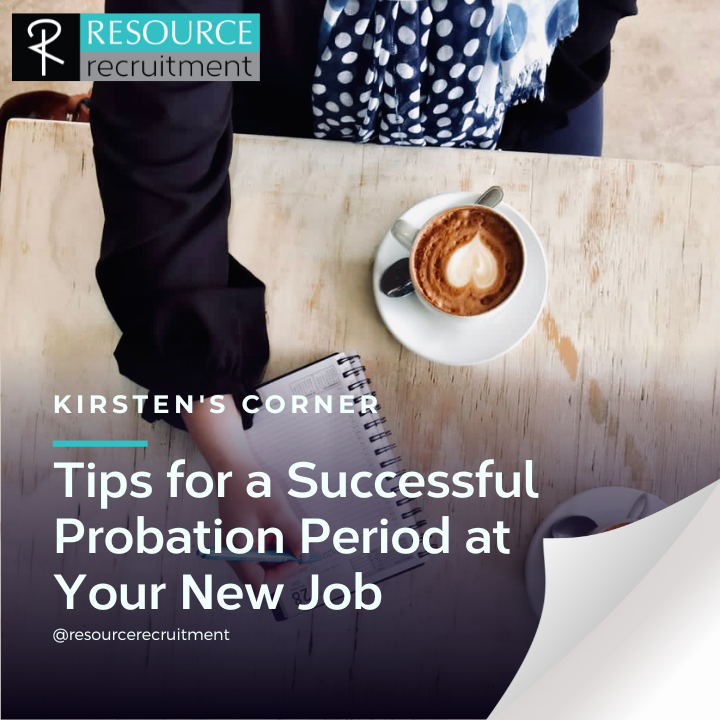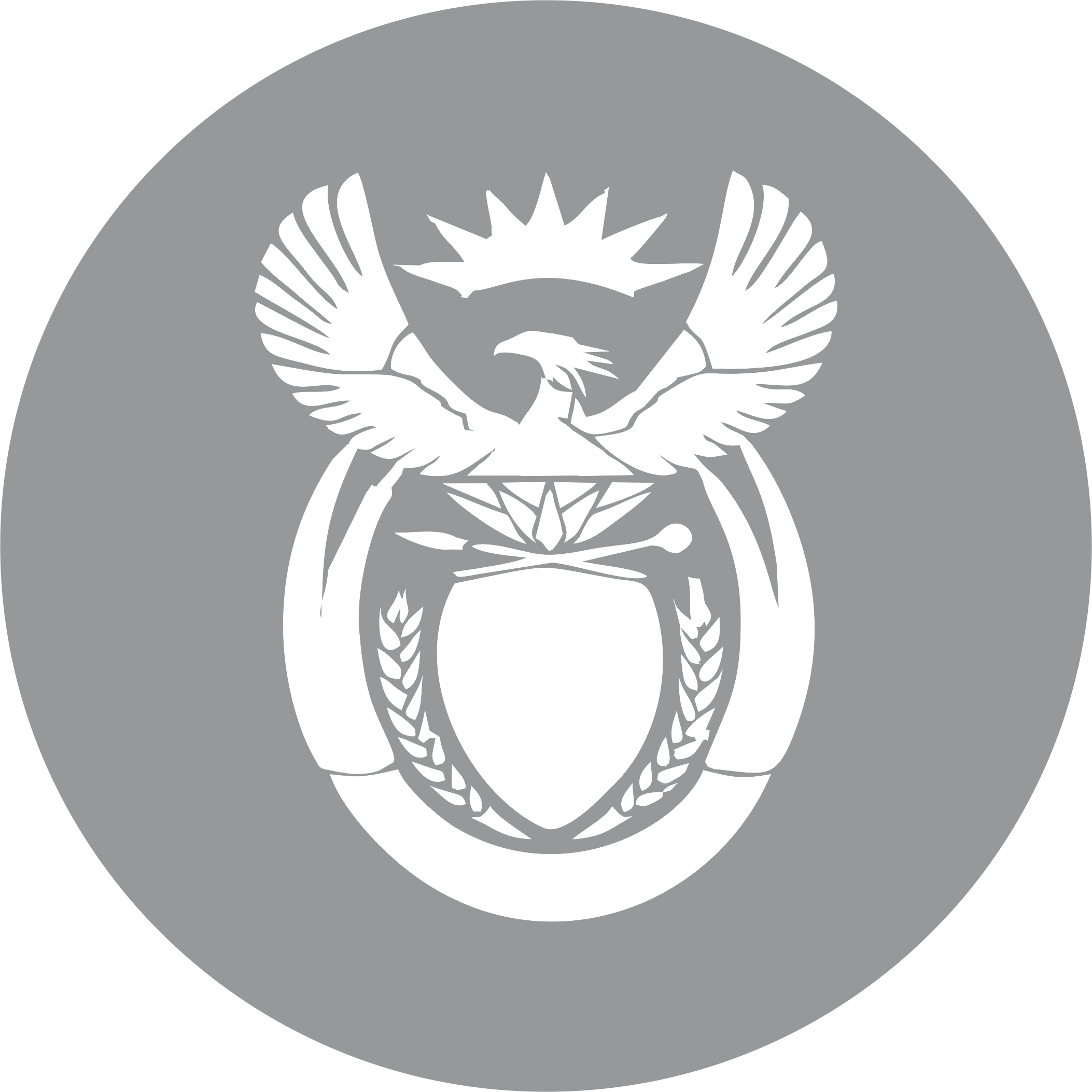
06 Oct Tips for a Successful Probation Period at Your New Job
Your Second Month in a New Job:
Tips for a Successful Probation Period at Your New Job
Starting a new job is an exciting yet often nerve-wracking experience. The first month is usually a whirlwind of learning names, understanding processes, and getting acclimated to your new environment. But what about the second month? As you settle into your role and continue your journey within the company, this phase brings about its own set of challenges and opportunities. Moreover, it’s during this time that your probation period often comes into play. In this blog, we’ll explore what to expect in your second month of a new job and how to ensure your probation period is successful.
Embrace Learning and Growing
By the time the second month rolls around, you’re likely more familiar with your daily tasks and responsibilities. This is the perfect time to delve deeper into your role and understand how your work contributes to the larger goals of the company. Ask questions, seek clarification, and strive to become a valuable member of your team.
Tip: Set up meetings with your supervisor or mentor to discuss your progress and areas for growth. This proactive approach shows your commitment to improvement.
Building Relationships
Relationships take time to develop, and the second month is a crucial period for strengthening your connections with colleagues. You’ve probably identified a few people you naturally get along with, so take steps to foster those relationships. Remember, networking isn’t just about advancing your career; it’s about creating a supportive and collaborative work environment.
Tip: Initiate casual conversations, join team lunches, and participate in company events. Try and surround yourself with like-minded colleagues who want to grow and progress- not those who are negative and prone to gossiping.
Demonstrating Adaptability
As you settle into your role, you might encounter situations that require you to adapt quickly. This could involve taking on new tasks, shifting priorities, or working on projects outside your comfort zone. Embrace these challenges as opportunities to showcase your flexibility and willingness to learn.
Tip: When faced with a new task, break it down into manageable steps and tackle them one by one. This approach can help you stay focused and maintain your confidence.
Addressing Concerns and Insecurities
It’s natural to experience some concerns and insecurities during your second month. You might worry about meeting expectations, fitting into the company culture, or whether you’re making the right decisions. Remember that these feelings are common, especially during the probation period.
Tip: If you’re feeling overwhelmed, don’t hesitate to talk to your supervisor or consultant at RESOURCE recruitment. We are here to provide you with guidance, reassurance, and practical advice for overcoming challenges.
Meeting Probation Period Expectations
The probation period is a standard part of many job contracts, serving as a trial period for both you and the company. During this time, your employer evaluates your performance, and you assess whether the job aligns with your expectations. To ensure a successful probation period:
Understand Expectations: Make sure you’re crystal clear on what’s expected of you. Seek clarification if needed, and ensure you’re meeting the key performance indicators.
Communicate: Regularly update your supervisor and recruitment consultant on your progress. Don’t wait for formal evaluations to discuss your performance. Not all managers are familiar with managing staff!
Seek Feedback: Actively ask for feedback from your colleagues and superiors. This shows your commitment to improvement and your willingness to take constructive criticism.
Show Initiative: Take on tasks that go beyond your immediate role. This is how you grow!
Stay Positive: Maintain a positive attitude even in the face of challenges. Your resilience and ability to maintain composure during stressful times are valuable traits.
Document Achievements: Keep a record of your accomplishments, no matter how small. This documentation can be useful when discussing your progress with your supervisor.
Set Goals: Identify areas where you’d like to improve and set achievable goals for yourself. This showcases your dedication to growth.
Remember, a probation period is not just about impressing your employer—it’s also an opportunity for you to determine if the company aligns with your career goals and values.



